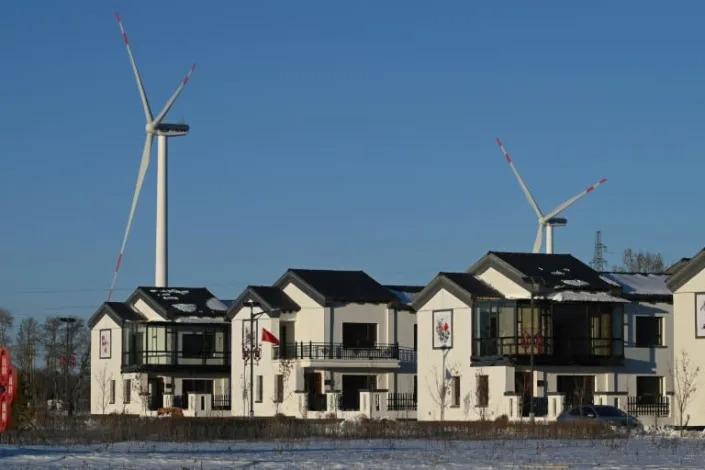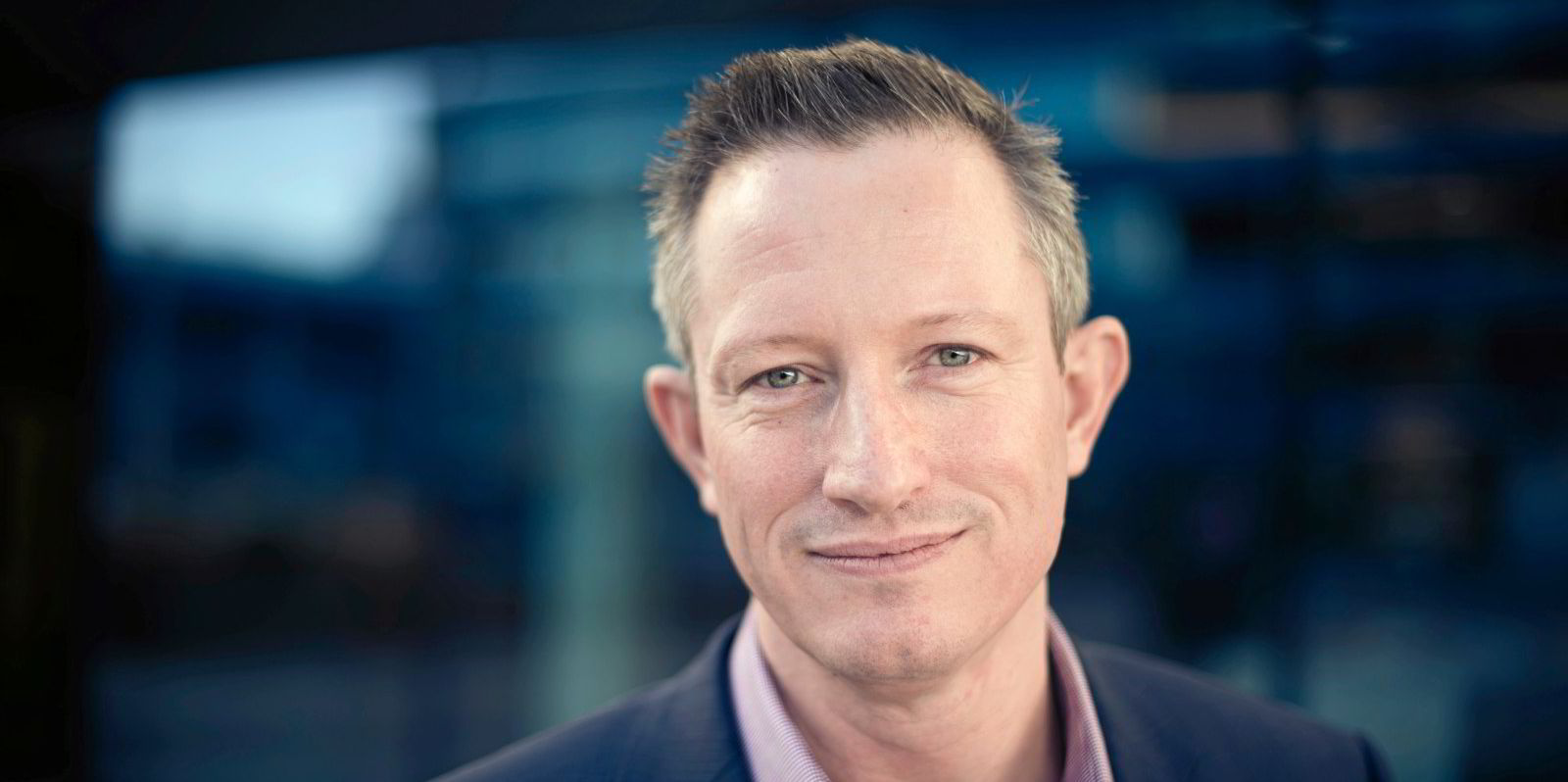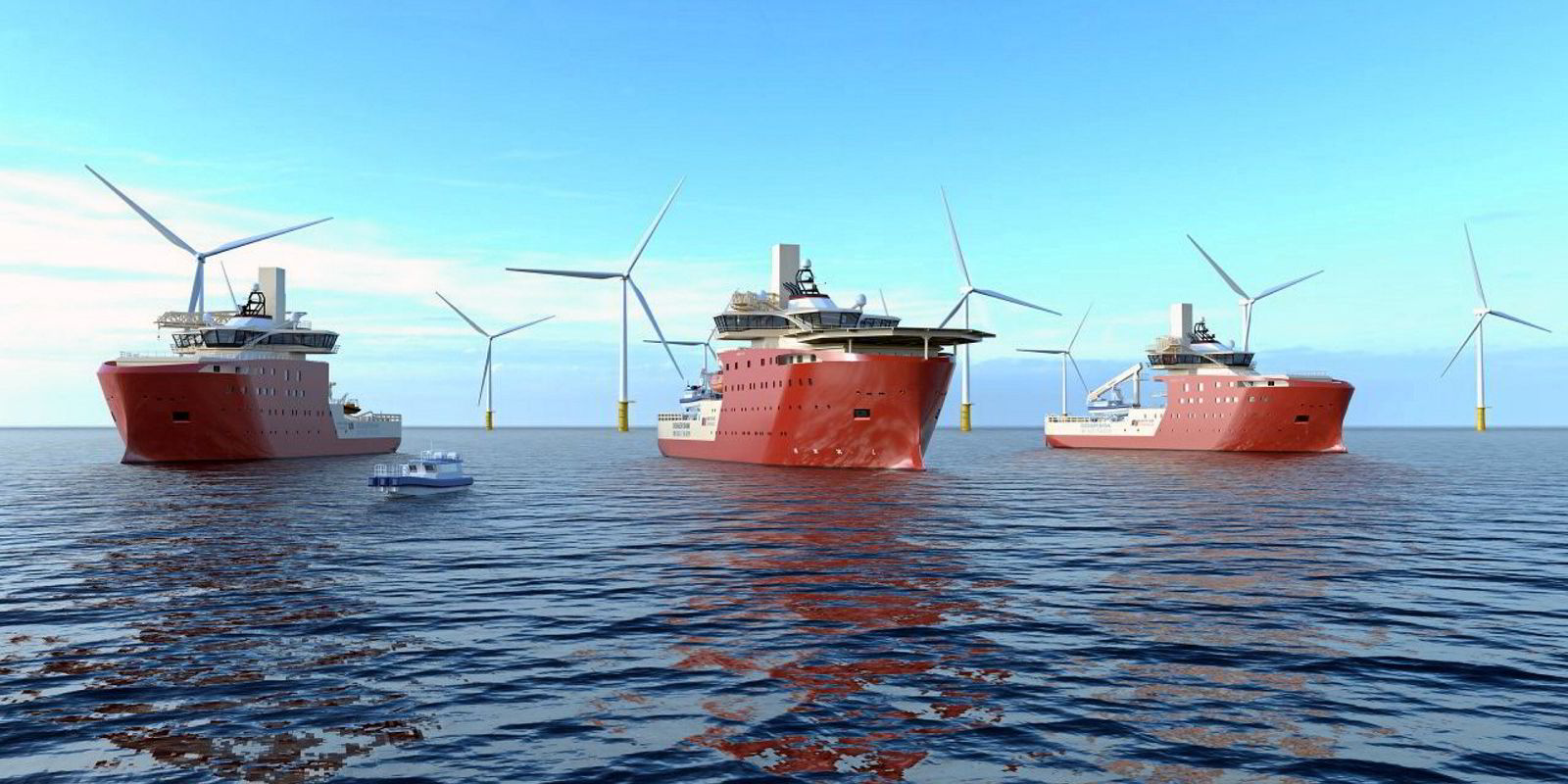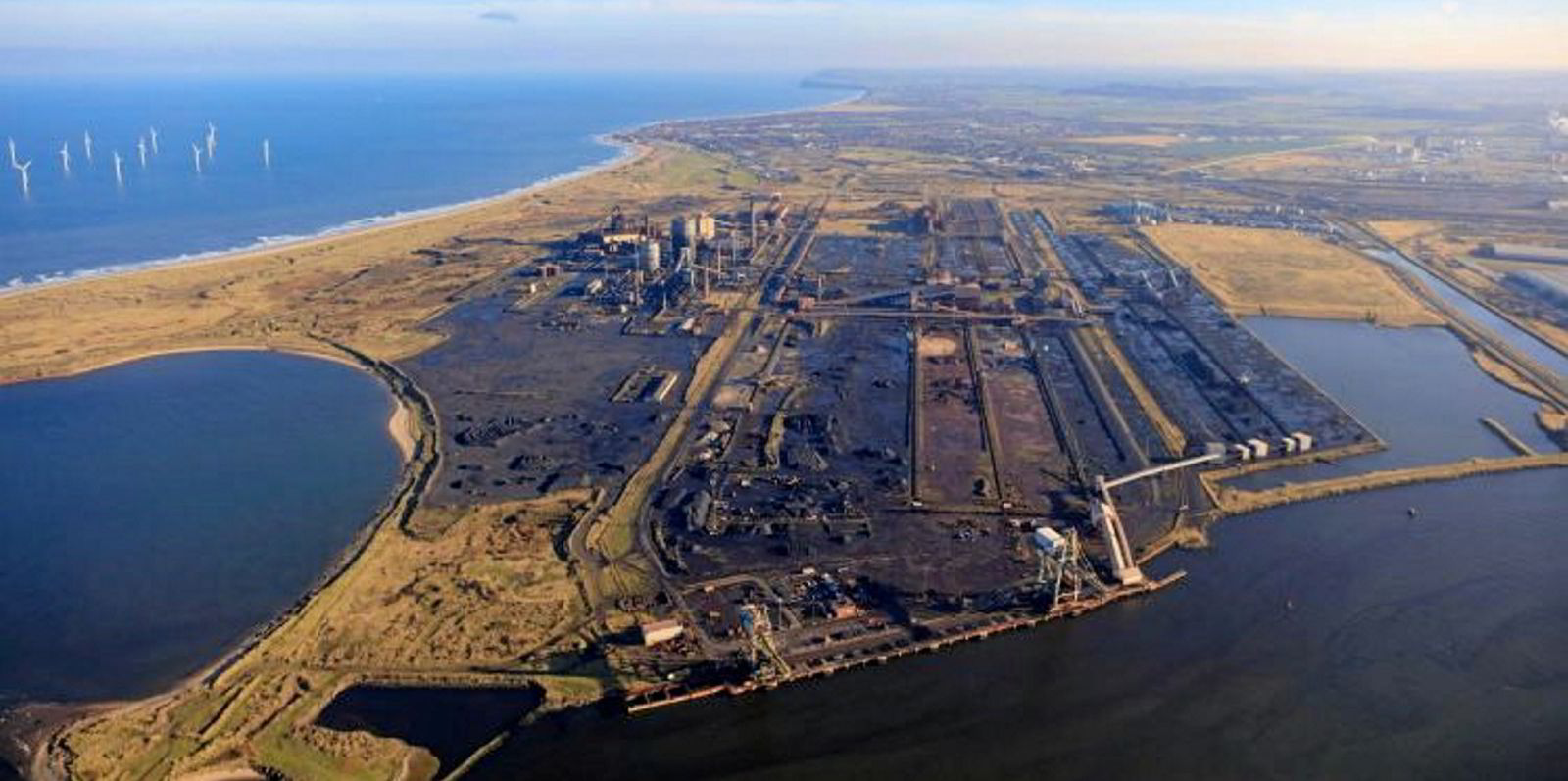

Laurent Abadie and Alberto Pena
Mon, December 20, 2021,
Despite being branded a "communist" by his critics, Chile's left-wing president-elect Gabriel Boric has always pointed to Europe as the inspiration for the "social welfare" state he wants to create.
Chile is one of the world's most unequal countries, where the top one percent hold more than a quarter of the wealth, according to the ECLAC UN agency.
The incomes of the richest are 25 times those of the poorest, according to the OECD group of developed economies among which Chile is listed as the second-most unequal in terms of household disposable income.
The rich-poor gulf was one of the sparks for a violent uprising in 2019 that left dozens dead and rocked the economy and political establishment.
It is a situation Boric, who backed the protests, has vowed to correct.
He described his project as "something that in Europe would be quite obvious, which is to ensure a welfare state so that everyone has equal rights no matter how much money they have in their wallet."
Many Chileans, however -- among the richer classes but also in rural areas -- are distrustful of his Approve Dignity leftist alliance with the Communist Party.
Investors don't like his pledge to increase taxes.
And many Chileans have deep-seated fear of communist policies they blame for the demise of Venezuela, many of whose nationals it hosts as migrants.
- 'Chilezuela' -
"Boric is more left than the traditional parties" that have been in government, said Rodrigo Espinoza, a political scientist with the University Diego Portales.
But based on his policy agenda, Boric is more "related to European social democracy" than the left in Venezuela or Bolivia, he added.
Boric was the centrist option in the Approve Dignity's primary, beating out the Communist Party's Daniel Jadue.
Espinoza said Boric had been the victim of a fake news campaign portraying him as a kind of Hugo Chavez clamoring for a "Chilezuela," whereas there was nothing in his program about "breaking the free-market system."
His rival for the presidency, far-right, neoliberal lawyer Jose Antonio Kast, managed with some success to paint Boric as a "communist."
"The left only promotes poverty, the kind of poverty that has dragged down Venezuela, Nicaragua and Cuba, where people flee from," Kast had said in his final campaign speech.
The message stuck with many.
Though nearly a million more people voted for Boric on Sunday in a convincing victory, Kast still managed to amass more than 3.6 million of the 8.3 million ballots cast.
"Communism... touches everything we have as middle-class people," Kast voter Ricardo Sepulveda, a 75-year-old retired construction worker in Santiago, told AFP about his choice.
Another, business owner Sergio Adauy, 52, said he expected Boric would "change the rules of the game" and "not respect the agreements by which people invested capital" in Chile.
The Communist Party had been a part of previous leftist governing coalitions, including that of socialist Michelle Bachelet.
But Boric is perceived as much more left-wing.
- 'Protecting our macro-economy' -
"Boric is not a communist," economist Francisco Castaneda of Chile's Universidad Mayor told AFP.
"His political grouping is learning to understand that fiscal responsibility is important, and that reforms to close social gaps must be gradual, long-term," he added.
Standing his ground, Boric told AFP before the election "it is not possible to do business, or for a country to grow, when a society is tremendously fractured, as it is in Chile."
He has vowed to reduce the work week from 45 to 40 hours, to advance "green development" and to create 500,000 jobs for women.
He also wants to change Chile's system of private pensions, which was one of the key gripes of the 2019 protesters.
On Sunday, after his victory, Boric vowed again to "expand social rights" but said he would do so with "fiscal responsibility."
"We will do it protecting our macro-economy," he said.
- Market rejection -
Investors were seemingly not convinced, and the Santiago stock exchange fell 6.8 percent on Monday, while the Chilean peso fell to a record low against the US dollar.
Some analysts had expected the reaction to be bigger, said Castaneda, "but moderation towards the center (in Boric's program) attenuated the decline."
Even if he wanted to bring about radical changes to Chile's neoliberal economic model, the youthful president would find it difficult to convince a Congress just about equally split between left- and right-wing parties.
University of Chile political scientist Maria Cristina Escudero also rejected any comparison to Venezuela-style socialism.
"He is trying to form a broad coalition beyond Approve Dignity given the reality that... he won't be able to advance his government program without agreement in Congress," she said.
Boric "needs each and every vote from the traditional center-left in addition to the votes from his own coalition," meaning he cannot alienate anyone, said Escudero.
bur-mlr/to
























